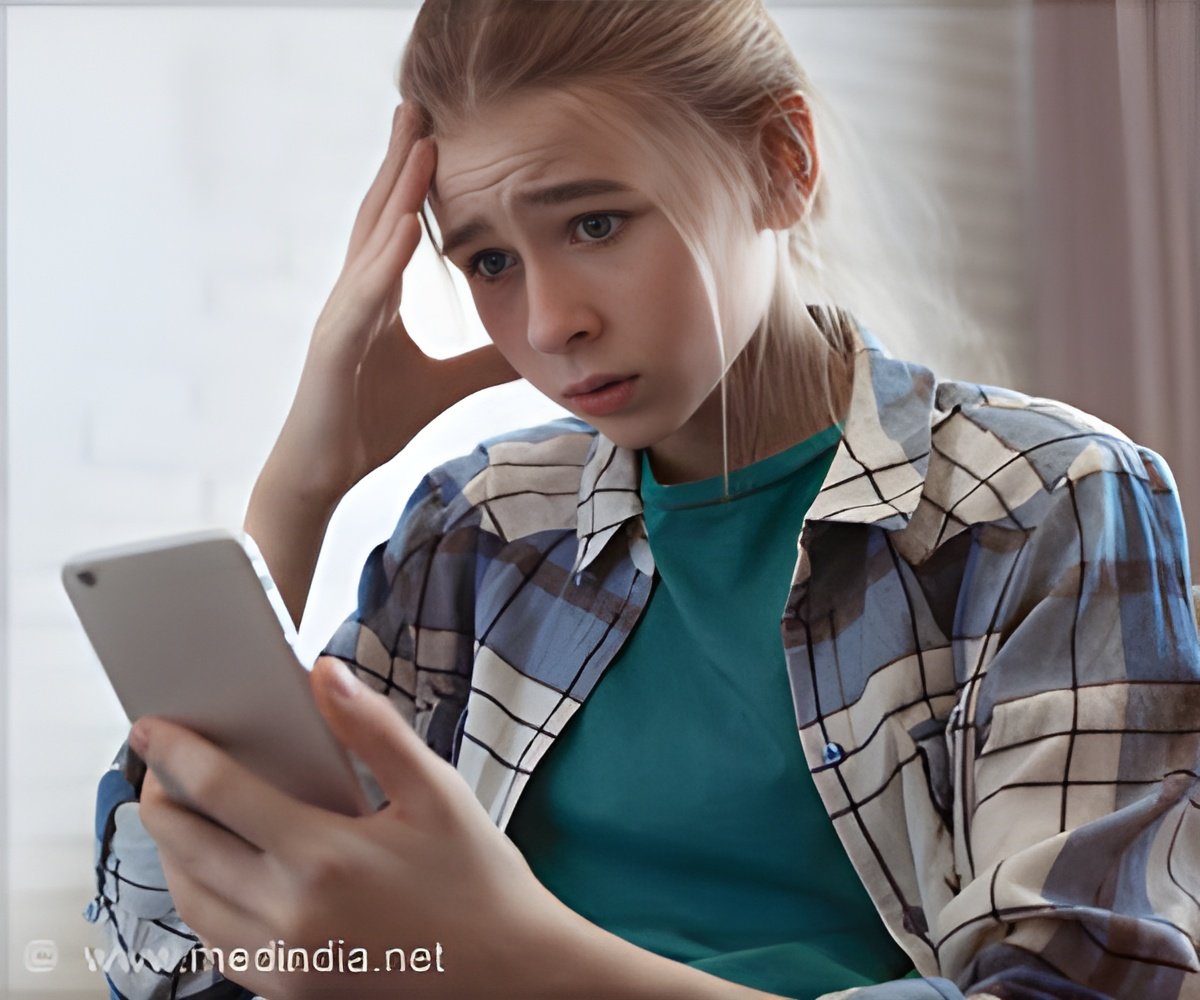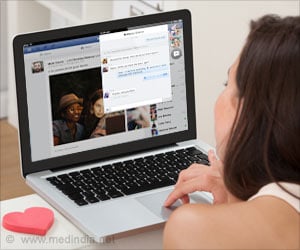People who rely on social media as their primary news source are more likely to believe misinformation about the pandemic, according to researchers.

‘The more you use social media, the more likely you become concerned about Covid-19, perhaps because there is a lot of unsupported conspiracy theories on social media.’





"Fact-checkers are essential for social media platforms to implement. When there is no fact-checker, people choose to accept what is consistent with their pre-existing beliefs," said the study author Yan Su from the Washington State University in the US. It's also essential for people to try to get out of their comfort zones and echo chambers by communicating with people with different points of view and political ideologies.
"When people are presented to different ideas, they have an opportunity to do some self-reflection and self-correction, which is especially beneficial for deliberation," Su said.
For the study, the research team analyzed answers to the American National Election Studies Exploratory Testing Survey 2020, which was conducted at the start of the pandemic.
Of the 3,080 people who answered the questionnaires, a little more than 480 said they believed at least one of two misinformation pieces about Covid-19: that the coronavirus was developed deliberately in a lab, and there was currently a vaccine available for the virus.
Advertisement
They compared this data to the participants' other answers on the survey related to social media use, levels of worry and trust in scientists, and how much the respondents valued discussions with people of differing viewpoints.
Advertisement
Su said, "The more you use social media, the more likely you become concerned about Covid-19, perhaps because there is a lot of unsupported conspiracy theories on social media."
"Then this, in turn, can trigger a higher level of distress which leads to further belief in misinformation," the author noted.
Source-Medindia















